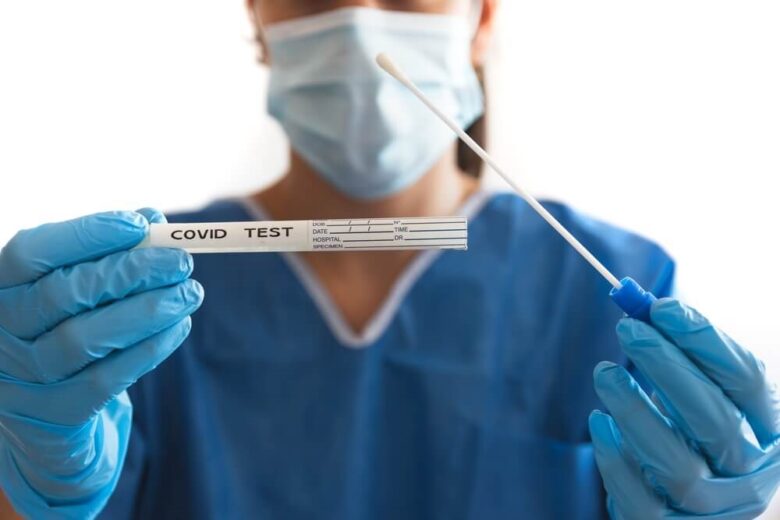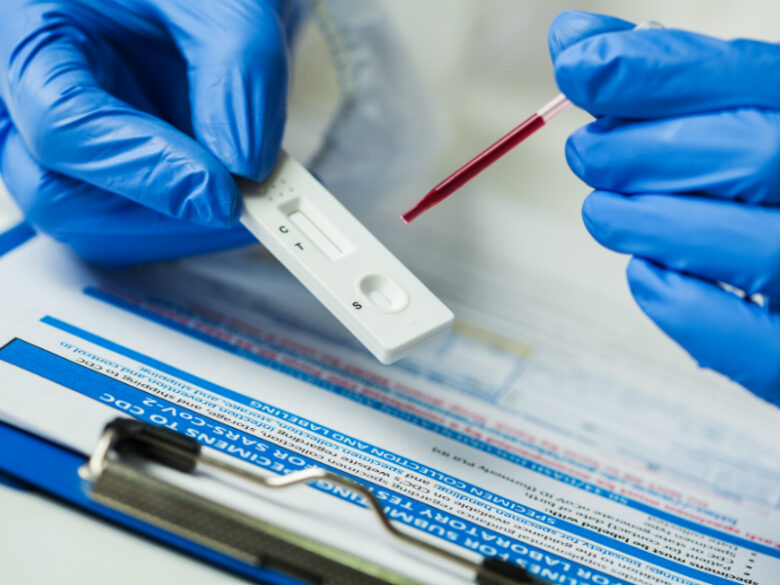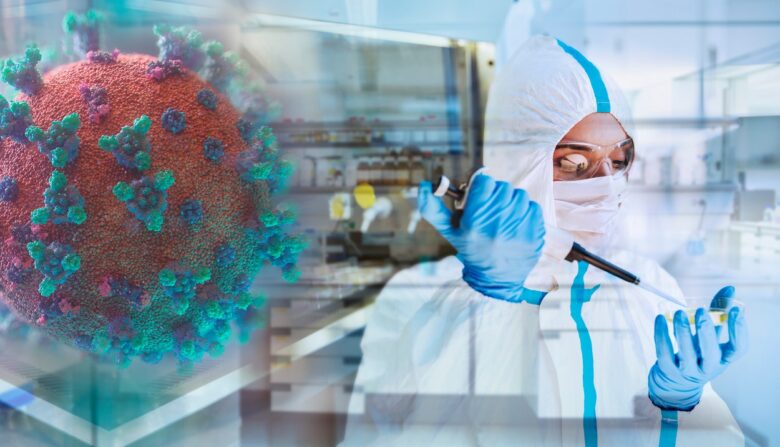Home › Health › Tips
How Reliable is COVID-19 Antibody Testing – 2022 Guide
Published on:
The antibody or serology test helps determine whether you had SARS-CoV-2 infection-causing coronavirus in the past. But if you want to check whether you are currently infected, then this test won’t work.
Our immune system produces antibodies as a response to any infection. Whenever our body identifies any foreign substance, it starts fighting with them. Anyone having COVID-19 can expect the production of antibodies after two to three weeks.
This test will only come positive if you check it after two to three weeks of infection. It means that your body will produce antibodies, and you will be recovered from the deadly infection. In this way, you will identify that you were once infected.
In the following write-up, we will discuss whether COVID-19 antibody testing is reliable or not.
What Type of Antibodies Can This Test Detect?

Our body produces two types of antibodies during the COVID-19 infection.
- Binding: If your body has binding antibodies, then it means that your body is fighting against COVID-19 infection. But it cannot tell the strength of your immune system. It does not show how effectively the immune system works and fights the infection.
- Neutralizing: It is not an available test worldwide. It helps in detecting the antibodies that can inactivate the COVID-19 virus. You will get a positive result only when your body shows binding antibodies. It is a next-level test in which you can determine whether the produced antibodies can protect your body from another coronavirus infection.
Why Is It Important to Do Antibody Test?
It is an essential test for COVID-19 patients if:
- You got symptoms of COVID-19, but you were never tested before.
- You have reached a hospital for a complete body check-up. The doctors will undertake this test to ensure that you have a positive diagnostic COVID-19 test in the past.
- When you want to donate plasma to a severely infected person. The doctors have to check whether your blood-containing antibodies can help that patient or not.
How are Common Diagnostic Tests Better?

With the help of diagnostic tests, the doctor can determine the presence of active infections. There are two types of tests for determining the COVID-19 infection. When anyone observes symptoms of coronavirus, then they should go for the diagnostic tests. Let us understand more about the tests:
- Molecular Test: It helps in determining the genetic material of the virus. It appears like a chain reaction of polymerase in real-time. When anyone gets infected with the COVID-19 virus, the chain structure starts appearing in the blood, spreading across the body rapidly.
- Antigen Test: This test helps in detecting proteins on the virus surface.
There is a test known as RT-PCR nasopharyngeal that is quite popular to detect the presence of the COVID-19 virus in your body. It involves sticking a swab deeply into your nose to 6 inches. The doctor collects the sample from the nose for the test.
It is an uncomfortable procedure for many patients, and now, the doctors are collecting the saliva sample by swabbing it from the throat. This test is comparatively more accurate for detecting the presence of the COVID-19 virus.
It is necessary to go for this test after at least eight days of infection. The antigen test is done by collecting swab samples of the patients. It is easy and fast to detect whether the person is infected. Therefore, diagnostic tests are relatively better and more accurate.
How Reliable is COVID-19 Antibody Testing?

As per the research, you can rely much on an antibody test. It is not an accurate way to detect whether the person is currently infected. With the help of antibodies, it is easy to determine that the patient once got infected. When our immune system starts fighting the virus or unknown substance, it produces antibodies.
It is a symptom that your body is recovering from an infection. It is hard to say whether you are currently infected with the COVID-19 virus. But it is a crucial test that takes place in several conditions. But the patient has to give diagnostic tests as well for accurate results.
In this way, you can detect the current situation of your body and know how well your immune system is working. When it comes to reliability, you cannot rely much on this test compared to other coronavirus lab tests.
Why are Antibody Tests Not Considered as Diagnostic Tests?

With antibody testing, the doctor cannot diagnose the COVID-19 infection in a patient. The antibodies take several weeks to form in the body. When an infection stays in your blood for weeks, you will only get a positive antibody test. Your body may have already recovered from the infection, and you are currently doing fine.
Therefore, it is not considered a diagnostic test. While diagnosing, it is not a useful test, and it can be avoided as well. If this test comes positive, your body has already recovered from the coronavirus, and your body is preparing to fight future infections.
The presence of antibodies means that you have enough immunity to fight such viruses. But it does not mean that you can get back to work without any precautions. You can again become sick, and your immune system will again fight with these viruses.
The Bottom Line
When it comes to knowing the reliability of COVID-19 antibody testing, you can rely on it. This test is useless during the diagnosis process. There can be other reasons that your doctor is doing the antibody check. When you test correctly, then only you will take the proper treatment.
Therefore, it is necessary to diagnose the presence of infection before it gets severe. The antibodies can tell how your immune system responds to viruses and whether you are recovered completely. While diagnosing the coronavirus, checking the formation of antibodies is not mandatory.
Share With Your Friends